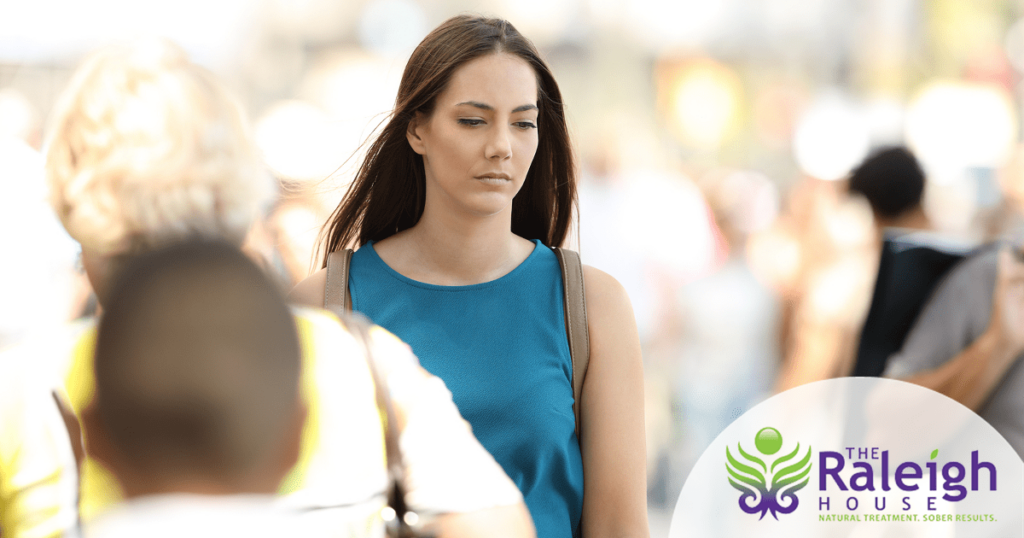
We all have stress. But every day worry is not the same thing as a true anxiety disorder, which has the power to keep you up at night, prevent you from leaving the home, make you feel physically ill and, in general, make life miserable.
Anxiety Disorder Symptoms
While there are many different types of anxiety disorders, they all share a few general symptoms, including feelings of panic, fear and uneasiness. Sleep problems are also common, as are heart palpitations, shortness of breath and tense muscles. People suffering from anxiety can have trouble sitting still or feeling calm. They may also periodically experience nausea, dry mouth and dizziness.
Types of Anxiety
There are five types of anxiety that can affect a person, according to the National Institutes of Mental Health. They are:
- Generalized Anxiety Disorder. Marked by chronic anxiety, exaggerated worry and tension, even when there is little or nothing to provoke it.
- Obsessive-Compulsive Disorder. Repetitive behaviors such as hand washing, counting, checking or cleaning—often performed with the hope of preventing obsessive thoughts or making them go away.
- Panic Disorder. Unexpected and repeated episodes of intense fear accompanied by chest pain, heart palpitations, sweating, shortness of breath, dizziness or abdominal distress.
- Post-Traumatic Stress Disorder. Caused by exposure to a terrifying experience and results in feelings of fear, helplessness and horror when triggered.
- Social Anxiety Disorder. Overwhelming anxiety and excessive self-consciousness in everyday social settings. These can be limited to just one type of social interaction, such as formal gatherings and parties, or it can be so severe that it occurs in all social settings.
Addiction and Anxiety
An estimated 7.9 million adults in the United States suffer from both substance abuse and a co-occurring mental health condition, according to the Substance Abuse and Mental Health Services Administration.
In some cases, anxiety causes people to self-medicate with drugs or alcohol, which can provide short-term relief, but ultimately result in more anxiety. In other situations, it’s the addiction that comes first and leads to anxiety.
If someone is battling both addiction and anxiety, the two conditions must be treated at the same time. That means you’ll need a rehab program that treats co-occurring conditions, which is sometimes referred to as dual-diagnosis rehab.
Hope, Freedom and Peace at The Raleigh House
The Raleigh House is a residential treatment center located in Denver that believes addiction isn’t just a physical problem. Our master’s level trained therapists get to the root cause of addiction and will help develop a strategy to manage any co-occurring conditions. The end goal isn’t just to be sober. It’s to enjoy life without drugs or alcohol. Fill out our form or contact us today to learn more about our 90-day drug and alcohol addiction treatment programs.
FAQs About Anxiety & Addiction
What Role Gender Differences Play in Anxiety?
What is Intensive Outpatient Anxiety Treatment?
Can Anxiety Be Treated without Benzos?
How Are Depression and Anxiety Disorders Related?
What is the Link Between Alcohol and Anxiety?
What Foods Can Help Depression and Anxiety?
What are the Causes of Generalized Anxiety Disorder?
Do I Have an Anxiety Disorder?
How to Stop an Anxiety Attack?
Can Hypnosis Work to Treat Depression and Anxiety?
How Music Can Lower Stress and Anxiety?
How Anxiety and Depression Affect Brain Chemistry?
What Are the Physical Effects of Anxiety?
What are the Symptoms of Physical Anxiety?
How to Manage Anxiety in Early Recovery?

